Hasht-e-Subh has obtained a letter written by Al-Zawahiri, the leader of Al Qaeda, to Osama bin Laden, the founder of this terrorist organization. This is believed to be Al-Zawahiri’s last letter, which outlines Al Qaeda’s plans for Afghanistan. The letter covers a range of topics, including the Yemen war, relations with Iran, a warning to Obama, the union of the Islamic world, internal recruitment, and the publication of Al Qaeda’s propaganda book. Al-Zawahiri also has discussed the potential scenarios of the situation in Afghanistan, with a focus on the return of the Taliban to power. This letter provides insight into the cooperation between Al Qaeda and the Taliban, which has been denied by the leaders of the Taliban. In a recently revealed letter, Al-Zawahiri expressed his concerns about the moderate Taliban’s negotiations with the United States, calling them traitors, spies, and hypocrites. The letter also reflects the ISI’s fear of the Pakistani Taliban and suggests that Hezb-e-Islami could gain power in Afghanistan. Al-Zawahiri also revealed the close relationship between Al Qaeda and the Islamic Republic of Iran, including the leaders and fighters of the group. The letter also contained insulting words directed at Hamid Karzai and former jihadi leaders, and was asked to be destroyed after reading.
On Sunday, May 2, 2011, the U.S. President Barack Obama announced that Al Qaeda leader Osama bin Laden had been killed in Abbottabad, Pakistan, as a result of a U.S. special operation. His body was reportedly thrown into a river. Al Qaeda has since confirmed his death and appointed Ayman al-Zawahiri as his successor. Al-Zawahiri’s last letter to bin Laden, written on May 16, 2010, a year before his death, reveals Al Qaeda’s plans in the region, particularly in Afghanistan. The letter was a response to two earlier letters from bin Laden, which al-Zawahiri said he had received in the months of Muharram al-Haram and Rabi’ al-Thani of the same year, though he did not provide details of what bin Laden said.
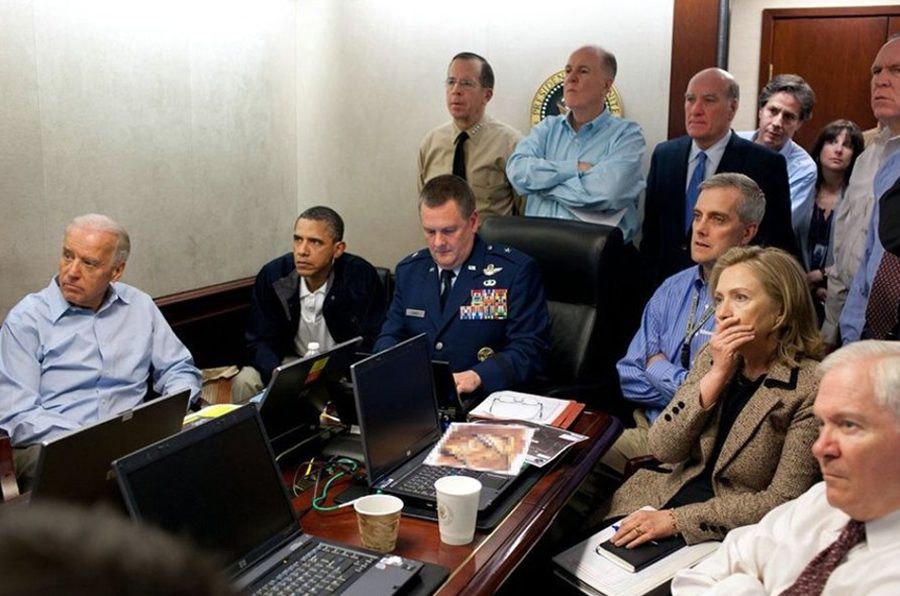
In a letter from Al-Zawahiri, a range of topics concerning the Al Qaeda group in various locations were discussed. The main focus of the letter is Yemen and its surroundings, the appointment of Sheikh Mahmoud, a warning to President Obama, and propaganda programs related to the Palestinian issue. Additionally, the Afghanistan situation after the Taliban’s recapture and Al Qaeda’s plans to manage it in different scenarios were discussed in the context of the Yemen issue.
The Taliban: Chosen Pawns by Al-Qaeda
In a section of his letter titled “Domination of Khorasan,” Al-Zawahiri emphasized the importance of Al Qaeda’s war in Afghanistan. He proposed that the Jihad base in Afghanistan should be activated, expressing his belief that victory was close with the mercy of God. He further suggested that the Taliban, its loyal commanders, and their leader Mullah Muhammad Omar should be the ones to lead the effort.
Al-Zawahiri has warned bin Laden to be cautious when dealing with the Taliban, despite their selection. He has suggested that Al Qaeda should approach the Taliban with wisdom and tact, and if necessary, use Sharia law to their advantage. He also advised that any discussion of their successes should be kept to a minimum.
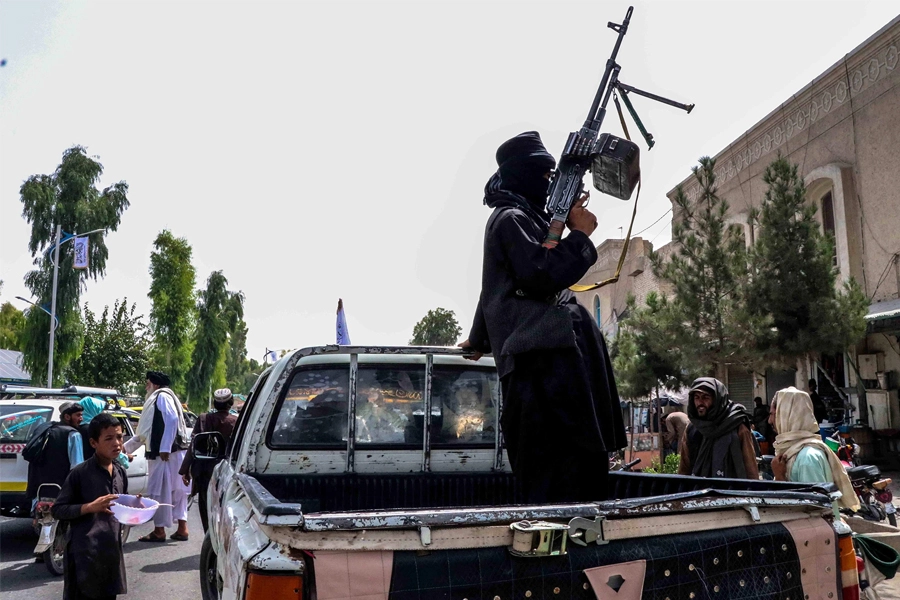
At the time, Al-Zawahiri argued that the focus should be on educating the fighters of the group, rather than stirring up their emotions through large collective meetings. He further explained that Al Qaeda needed to use a specific method of education for the people of Afghanistan and a unique approach for the Taliban, in order to create a generation of ideological leaders in Afghanistan who could protect their territory in Khorasan and launch operations both inside and outside the country.
The First Scenario: What is Al Qaeda’s Plan for Operation Under the Taliban Regime
In the letter, Al-Zawahiri outlined four potential scenarios for the future of Afghanistan. These scenarios included the Taliban returning to power through peace negotiations, the use of coercive force, indecision from the parties involved, and the continuation of the war with unexpected events. Al-Zawahiri further explained that one of the most important conditions for establishing peace is the restriction of Al Qaeda activities and not allowing them to target foreign forces. He also expressed his criticism of the Taliban’s approach, saying that an honest and independent person would not accept such conditions as America and its allies could come back stronger if they find a way out.
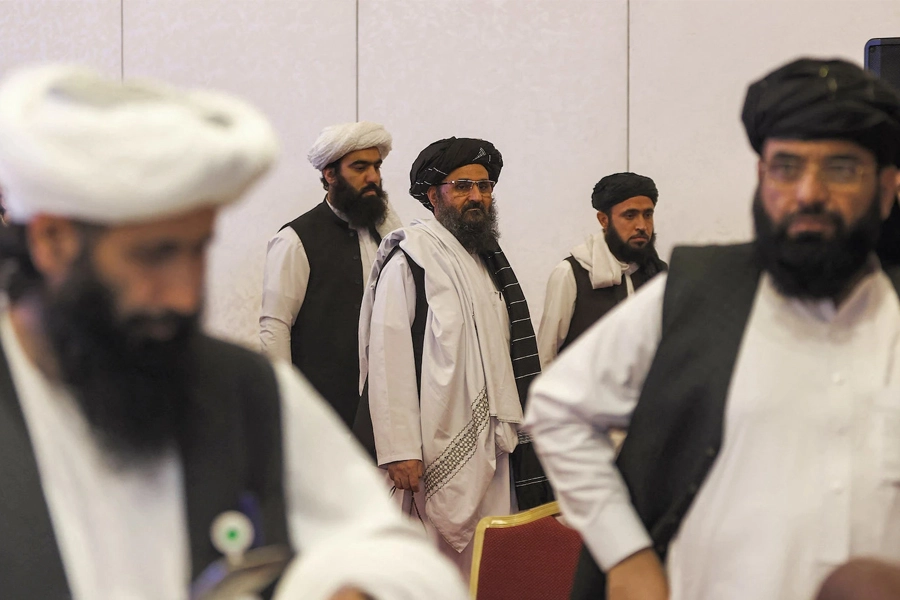
In a letter, it was expressed that despite their arrogance, fear, and apprehension, crusaders would rather negotiate and agree with “moderate Taliban” who are seen as traitors, spies, and hypocrites than sign an agreement with Mullah Mohammad Omar. It was also suggested that the deposed Hezb-e-Islami, former jihadi leaders, and CIA followers and low-level Afghans such as Hamid Karzai and his cohorts should be considered as an option.
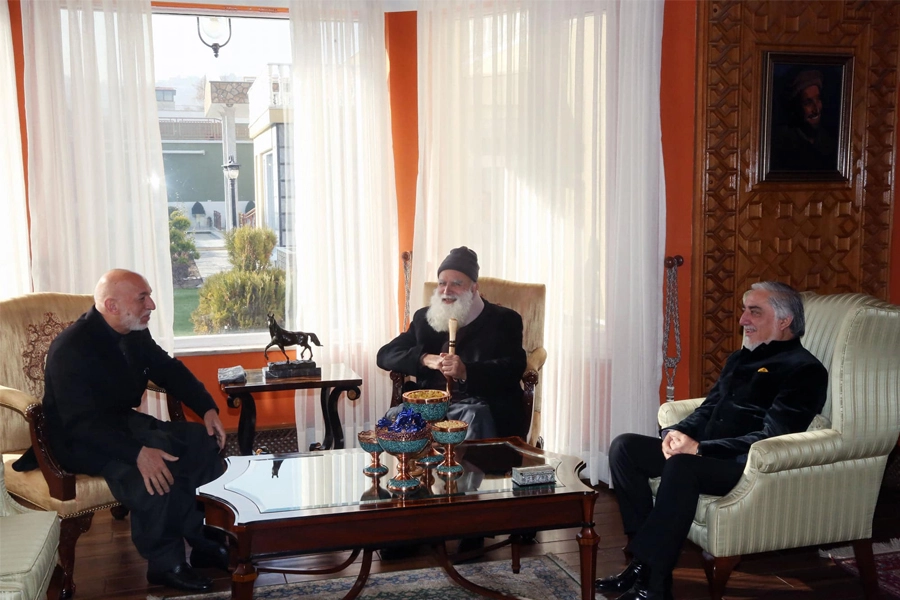
Al-Zawahiri predicted that the US was pleased with the attacks on the Taliban and was attempting to force the Taliban to accept a plan that would ensure the security of foreign forces, allowing the US and its allies to complete the process of withdrawing or reducing their forces. He suggested that the US was afraid of the Pakistani Taliban taking over Afghanistan, and that a new wave of jihad had reached Pakistan and the heart of Punjab. Al-Zawahiri noted that Pakistan had its own options for governance in Afghanistan, and that the ISI leaders chose the option of Hezb-e-Islami and its type. Hekmatyar, a leader of Hezb-e-Islami, had previously stated that he had no relationship with Al Qaeda and the Taliban, and that his group was in contact with Karzai.
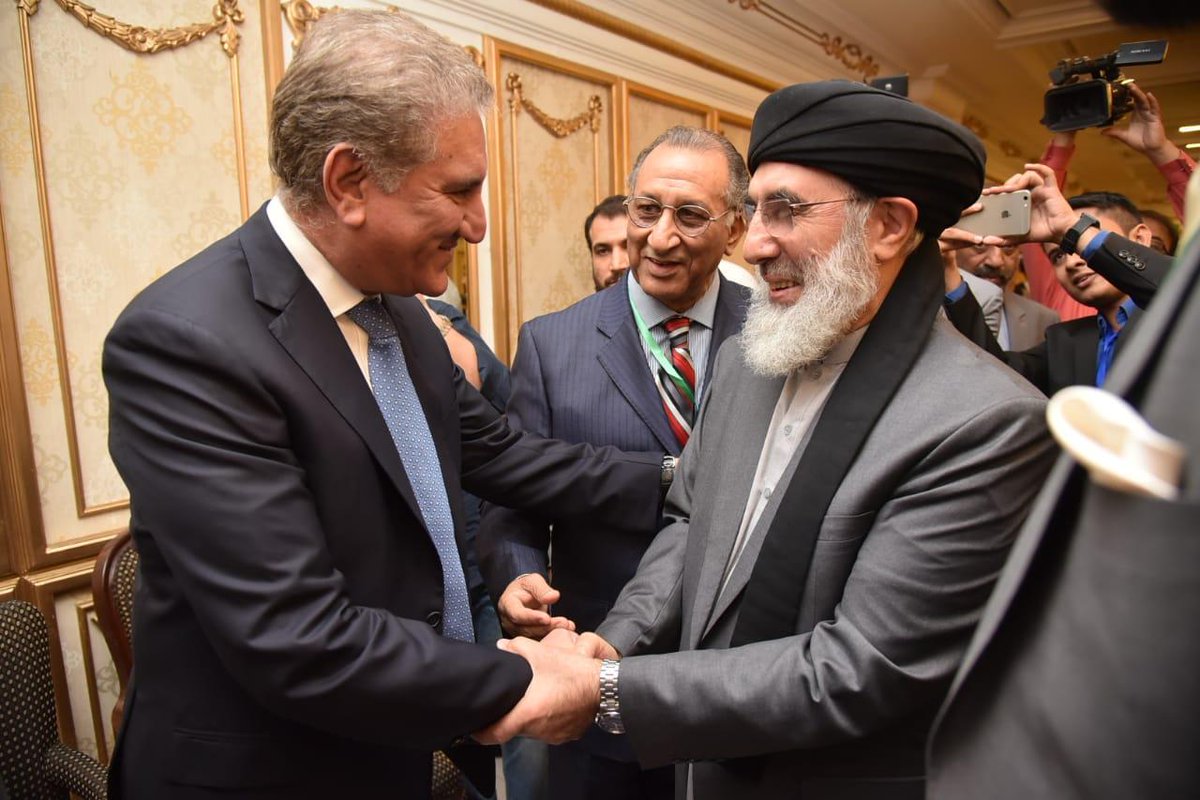
Al-Zawahiri has suggested that the US enter into negotiations with Mullah Mohammad Omar in order to limit Al Qaeda’s presence in Afghanistan and accept them as political refugees. He believes that the Taliban would be likely to accept this solution as it would free them from the religious and psychological shame associated with them and other Muslims.
Al Qaeda had a plan for the days after the Taliban returned to power through peaceful means. They suggested to Osama bin Laden that they should monitor the situation and be cautious. They proposed to focus on building trust with the Taliban’s genuine leaders, assuring them that Al Qaeda’s jihadi activities are in the interests of Muslims and will help them to be liberated from oppression. They also promised to defend security, as they have done in the past, in accordance with the orders of Amir al-Mu’minin.
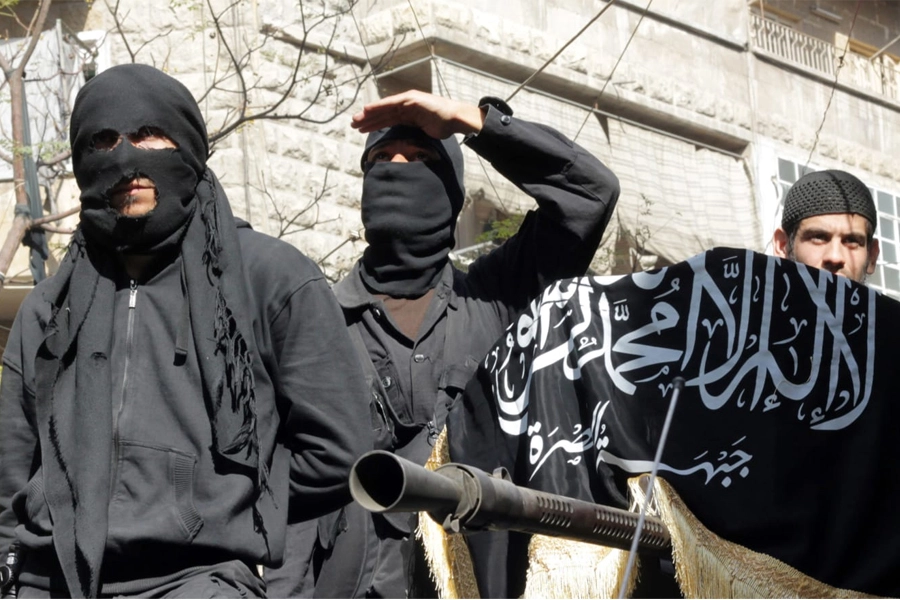
Al-Zawahiri has warned Al Qaeda not to oppose the leader of the Taliban and to continue their conversations with confidence, friendship, and openness. He has proposed trust-building procedures, saying that “if it gets too late, we will be focused on the minimum benefit, but if not, we will use time as a means of gradual confidence building.” He also suggested using secret networks to advance their activities, but only if it does not conflict with the orders of Amir al-Mu’minin and requires patience. Al-Zawahiri has emphasized that Al Qaeda should not do anything that would destroy its relationship with the Taliban.
If the Taliban are successful in returning to power through the peace process, Al-Zawahiri’s letter to Osama bin Laden reveals that Al Qaeda had plans to expand their operations to other countries. According to Zawahiri, Al Qaeda should focus on rousing the feelings of the people in Yemen to support the Mujahideen, while also providing them with wise advice. Messages from Nasir al-Wuhayshi, the leader of the Al Qaeda branch in Yemen and the Arabian Peninsula, have been communicated to bin Laden, suggesting that Al Qaeda should not encourage their brothers to carry out a major operation against the government of Yemen while it is busy in the Houthi battle.
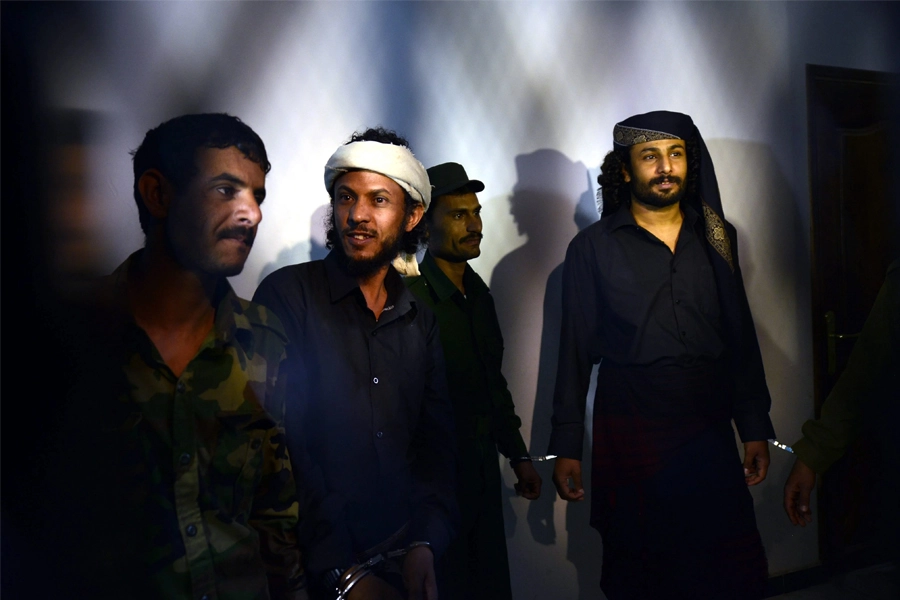
The second scenario, which was deemed the best option, involved the return of the Taliban to power through coercive force. This would lead to a coalition of Christians and their allies against the Taliban, and foreign forces would be pushed from one battle to another. The Taliban would then view Al Qaeda as an ally, rather than a burden, and the two would fight together against American forces and their allies. Al-Zawahiri concluded that this scenario would lead to a continuation of the war in Afghanistan, and would encourage Al Qaeda fighters to focus on personal issues in other countries, such as Yemen, while also inspiring the Islamic Ummah’s desire for Jihad.
The third scenario for Afghanistan is a continuation of Taliban conflicts with foreign forces, which requires patience. Al-Qaeda leader Ayman al-Zawahiri has suggested that in such cases, Al Qaeda fighters should not rush into battles, as they are unlikely to win, but instead remain patient and wait for new possibilities to arise from daily incidents. A fourth scenario is an unexpected incident that al-Qaeda and Zawahiri could not anticipate.
Al-Zawahiri had advocated for a close relationship between Al Qaeda and the Taliban, particularly with Mullah Mohammad Omar. However, after his death, he was replaced by Hibatullah Akhundzada, who was most loyal to Mullah Muhammad Omar. The simultaneous prediction and murder of Al-Zawahiri in Kabul has raised the possibility of Al Qaeda’s presence in Afghanistan and a strong relationship between the two groups. Al-Zawahiri’s death and his view of the Taliban as traitorous has further highlighted the involvement of the Taliban in this case. It appears that the Taliban leaders had disagreed with Mullah Hibatullah due to his extremist attitude, and thus, according to Zawahiri’s classification, they are included in the list of traitorous.
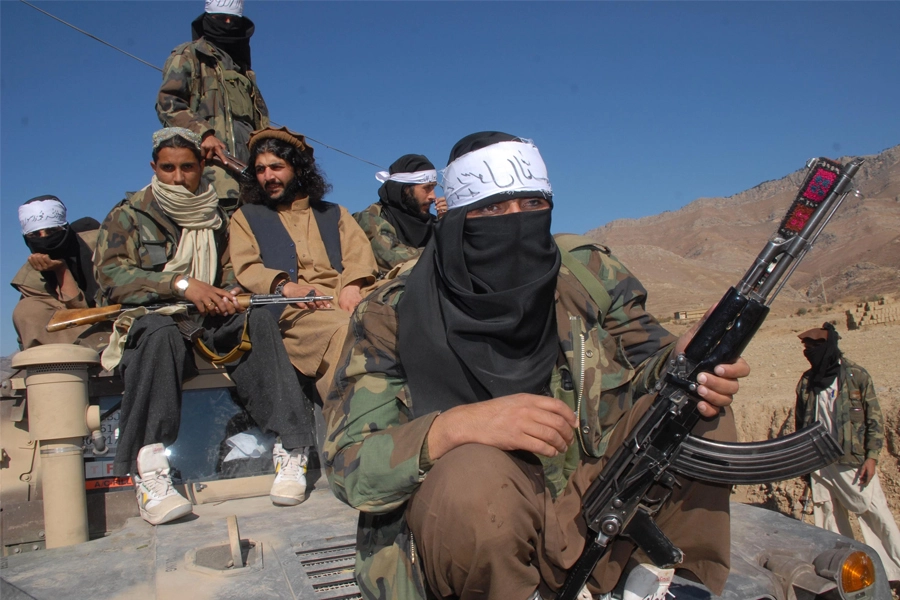
Al Qaeda Relations with the Islamic Republic of Iran
In his letter, in a section titled “Encounter with the New Safavids,” Al-Zawahiri reflects on the relationship between Al Qaeda and Iran. He states that he had recently received a letter from the Islamic Republic of Iran, in which the Iranians outlined their conditions. According to the letter, Al Qaeda’s Arab leaders were allowed to travel to Iran and coordinate activities such as collecting property, as long as the process was done unofficially. The Islamic Republic of Iran provided official airfields, while Turkish borders were used as an unofficial route. Furthermore, Al Qaeda was prohibited from interacting with Iranians, including employing them or involving them in the play.
Ayman Al-Zawahiri has expressed his concern that Iran’s current conditions could lead to an extended captivity of Al Qaeda members, as hundreds of them have been held in Iran since the September 11 attacks. According to Arab researchers, many Al Qaeda forces sought refuge in Iran after the attacks, with some being trapped and the rest entering other countries. The researcher also confirmed that these people can travel between Iranian cities, but only under the supervision and control of Iran’s Revolutionary Guard Corps. Among the captives were Abu Khaled al-Suri and Abu al-Khair al-Masri, while others, such as Abu Musab al-Zarqawi, Marakikar (Kurd bin Laden), and Abu Qassam, used Iran as a transit point and went to their countries to continue Al-Qaeda’s war against America. Osama bin Laden’s two sons, Saad and Khaled, were also monitored in Iran after the 9/11 attacks. One of the leaders of the Al Qaeda group, Abu Mohammad al-Masri, was killed by Mossad forces in Tehran in August 2020. Saif al-Adl, another Al Qaeda leader, is currently living in Zahedan city and has been mentioned as the leader of the Al Qaeda group after Al-Zawahiri’s death.
Al-Zawahiri has requested that Osama bin Laden investigate the movement of Al Qaeda members to Iran. He has reminded the group to weigh the pros and cons of such a decision, and has suggested negotiations with other fighters in other countries. However, he expressed doubt that Iran would permit Al Qaeda to assist its fighters in Iraq and Yemen, as it would go against the policies of the Islamic Republic. He also noted that Al Qaeda could communicate with Sunni Kurds, Baloch, and even the Shiite Arabs of Ahvaz, who are allies of the group.
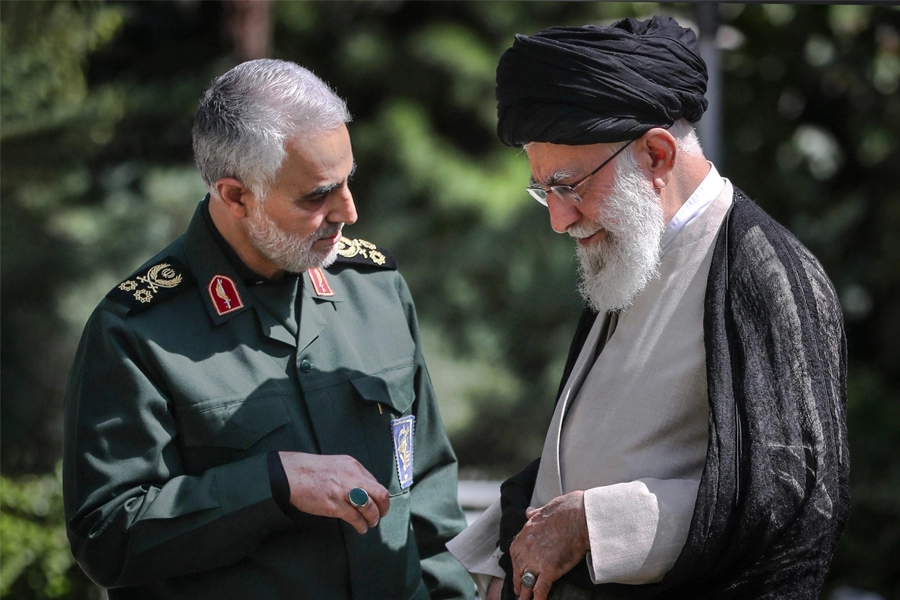
In 2011, documents found in Osama bin Laden’s hideout in Pakistan were released by the CIA, which evaluated Al Qaeda’s relations with Iran. The documents revealed that Iran had provided support to Al Qaeda in the form of money, weapons, and educational camps, and had asked Al Qaeda to attack American interests in Saudi Arabia and the Persian Gulf. Al-Wahfaz al-Mauritani was in charge of negotiations and agreements between the two sides before the 9/11 attacks. Although some of the documents indicated disagreements between the two sides, which later led to tensions and the hostage-taking of the Bin Laden family and Iranian diplomats, Iran has denied having any relations with Al Qaeda and has stated that it has acted against this group to the best of its ability.
Al Qaeda Opportunism and Yemen War
At the start of the conflict between the Houthi rebels and the Yemeni government, Al-Zawahiri wrote to bin Laden to emphasize the importance of the situation. He described it as a “big thing” and urged for more tact, courage, and success in order to move the war forward. Al-Zawahiri believed that uniting the Muslims, particularly those in Yemen, was the key to success and should be the main focus of Al Qaeda. He argued that if this could be achieved, it would lead to even greater victories.
Al-Zawahiri has praised Sheikh Adelabu, one of the leaders of Al Qaeda, for his efforts to encourage the people, tribes, leaders, and scientists of Yemen to fulfill what he called a “dangerous, important, and obligatory duty.” He noted that Adelabu was popular among the people of Yemen and urged that speeches from Al Qaeda should not be delayed any further. He also raised questions in the letter that he hopes will cause the people of Yemen to think. The letter emphasized the Fatwa of Yemeni scholars for the necessity of war in case of intervention of the American forces and its allies, and the need to correct this Fatwa based on the characteristics of Al Qaeda. Additionally, the letter highlighted the role of these speeches on the tribes. In a recent letter, Al-Qaeda leader Ayman Al-Zawahiri discussed the lack of cooperation with the government and the potential for an uprising in Yemen. He urged Al-Qaeda members to scatter around the country and emphasized the importance of uniting the people and continuing their attacks. Al-Zawahiri also warned that a war, whether wanted or unwanted, was inevitable and that Al-Qaeda fighters should be prepared to resist it. He stated that they should focus, persevere, and stabilize themselves in order to re-intensify their attacks, and that they should unite with those with whom they share feelings.
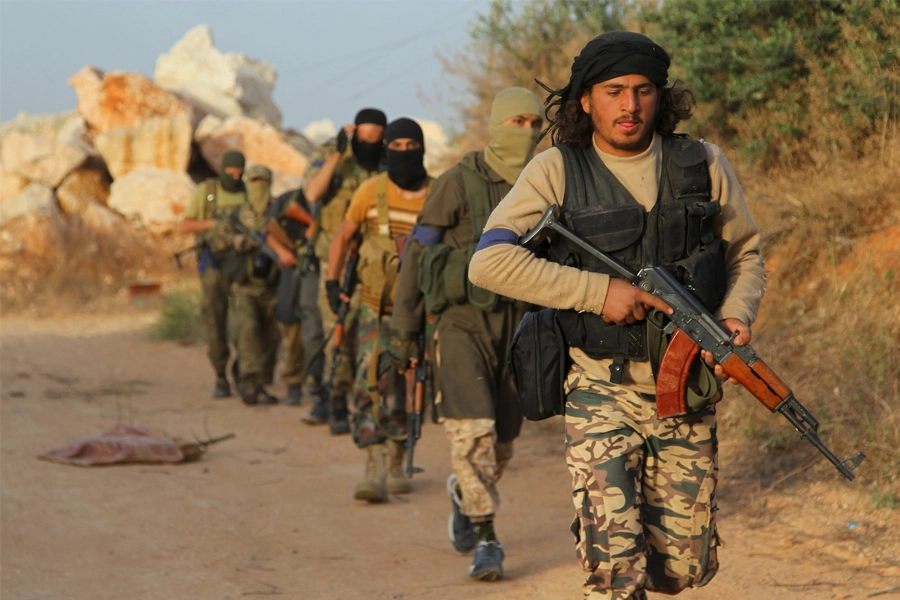
In 1994, the Houthis, a political movement with a Shia Islamic tendency, were formed. In 2004, they began military operations against the government of Yemen, with support from the Iranian government. Al Qaeda’s motives for joining the war were unclear, but their objectives included gaining power, capturing the cities of Al Mukalla, Najbar, and Jaar, and freeing their leaders from prison. However, Al Qaeda was unable to achieve these goals due to internal tensions, the U.S. airstrikes, and conflict with ISIS, and ultimately lost the battle in Yemen.
Warning Obama
In May 2010, Al-Zawahiri, a senior leader of Al Qaeda, wrote a letter to Barack Obama, the President of the United States, and David Petraeus, the commander of NATO forces in Afghanistan. The letter contained a warning to Obama and Petraeus of potential assassination, as well as a warning to not attack Joe Biden, as he could lead America into a crisis. The letter also addressed issues related to Palestine.
In the letter, Ayman al-Zawahiri, stressed the importance of the Palestinian issue to the terrorist organization. He noted that Abu Abdullah, one of the leaders of Al Qaeda, should not only write that “America will not have peace until we truly live in Palestine,” but also that the offensive forces should not leave the territory of the Prophet of Islam. Al-Zawahiri emphasized that Palestine is equal to all Muslim territories, and that America’s peace does not only depend on the withdrawal from Palestine, but from all Islamic countries. This suggests that Al Qaeda is attempting to use the Palestinian issue as an excuse to continue the war in other places.
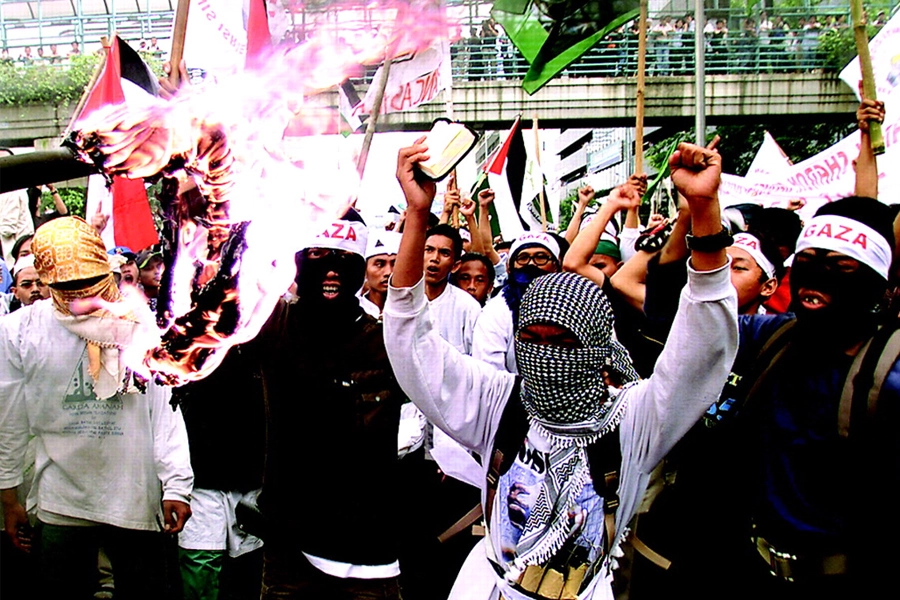
In the letter, Ayman Al-Zawahiri discussed the internal changes needed within the organization, including the selection of Atiyehullah Al-Libi as the legal and administrative officer. Al-Libi was expected to go to Iraq for his mission, but he remained in Pakistan’s Waziristan. He was chosen in 2010, but was killed with his two sons in the Miran Shah district due to an operation by American forces. Al-Zawahiri also discussed the death of Abu Omar al-Baghdadi, the leader of the Islamic State in Iraq, and Abu Hamzah Mohajer, one of the senior leaders of the Mujahedeen Council of Iraq. Hamid Dawud Mohamed Khalil al-Zawi, who went by the pseudonyms Abu Abdullah Rashid al-Baghdadi, Abu Omar al-Baghdadi, Abu Hamzah al-Baghdadi, and Abu Omar al-Quraishi al-Baghdadi, was Iraq’s leader and the leader of the Mujahedeen Council of Iraq. He was also one of the senior leaders of Al Qaeda in Tikrit, north of Baghdad. Abu Bakr al-Baghdadi, one of the most mysterious leaders of Al Qaeda, was a Sunni officer of the Iraqi army who was expelled after 2003 and went on to join the terrorist organization. He was killed in Iraq a month before the letter was sent to Osama bin Laden. Abdel Moneim Ezzeddine Ali al-Badawi, who went by the pseudonyms Abu Hamzah Mohajer and Abu Ayyub Al-Masri, was a senior leader of the Iraqi Mujahedeen Council, the Minister of Defense in the Islamic State of Iraq, and an armed member of the Muslim Brotherhood. He was killed by American forces in northern Iraq two weeks before the letter was sent.
In the letter, Ayman Al-Zawahiri announced the publication of his book, “Knights under the Nabi’s Banner,” which focuses on attacks against America. He had sent parts of the book to several Al Qaeda members for feedback, and if the comments were not received or deemed important, he would publish the book. The book was written in Arabic and had several sections, the summary of which was published in December 2001 in Al-Hayat Journal. The first edition of the book was 497 pages long, and a revised edition was released in late 2010.

Eleven years after the death of the Al Qaeda leader, Osama bin Laden, and four months after the death of his successor Ayman al-Zawahiri, a letter written by Al-Zawahiri to bin Laden has been published. The letter reveals Al Qaeda’s long-term plans in Afghanistan, which may be implemented in cooperation and coordination with those around Mullah Mohammad Omar, particularly Mullah Hebatullah. It also reflects the relationship between Al Qaeda and Iran, as well as the rise of the Taliban in Pakistan, which Al-Zawahiri predicted a decade ago. It is unclear how Al Qaeda’s relations with the Taliban group in Afghanistan, Iran, and Pakistan will develop in the future.












